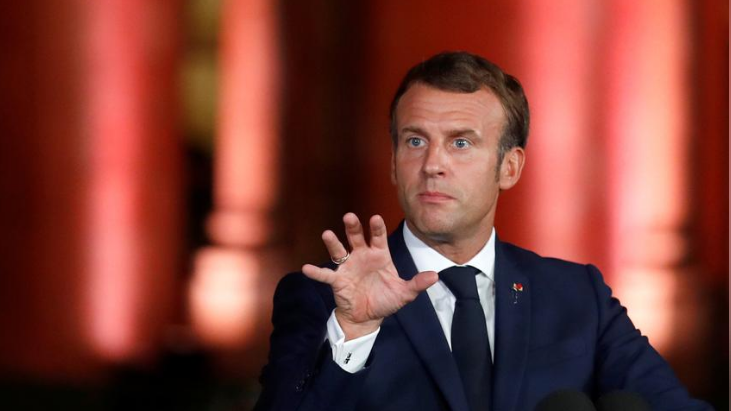
Editor's note: Lucas Leiroz is a research fellow in international law at the Federal University of Rio de Janeiro. The article reflects the author's opinions, and not necessarily the views of CGTN.
In early August, Israel and the United Arab Emirates entered into a peace agreement, ending decades of rivalry between the Arab world and the Jewish state. The maneuver completely changed the geopolitical balance. The Arab countries, in general, accepted the measure and adhered to policies of cordiality with Israel, with few exceptions.
Even in Lebanon, the possibility of pacifying relations with Tel Aviv is being considered by the government. In short, a trend was created across the Arab world to adhere to Arab-Israeli peace, despite the conflict in Palestine.
The reason is simple and can be understood with a deeper look at recent events in the region. Palestine has been investing heavily in its relations with Turkey, which has deeply irritated its Arab allies. The Syrian Civil War completely changed the political landscape in the region. The role of the Muslim Brotherhood - supported by Turkey and Qatar - has been worrying the Islamic autocracies, who regard the group as one of their main enemies.
The result of the Muslim Brotherhood's progress was that Turkey, its biggest financier and supporter, came to be considered the number one enemy of Arab pro-Western monarchies, causing Israel to fall into a position of less rivalry.
For two years, ties between Palestinians and Turks have been increasingly tightened, both in economic and military cooperation. In parallel, relations with Arab states inevitably deteriorate, as these states are Turkey's enemies. The Palestinian authority has shown a desire to become a Turkish satellite in the Middle East.
The Palestinians are betting on this cooperation for purely pragmatic purposes, completely ignoring Turkish President Recep Tayyip Erdogan's neo-Ottoman geostrategy, which aims to elevate the international projection of Turkey at imperial levels.
However, in the same way that Palestine sees Turkey as a strategic partnership against Israel, the Arab States see Israel as an ally against Turkey. Thus, two international coalitions were formed, which have even deeper ties with other countries.

Immigrants are seen along the border zone with Greece in the province of Edirne, Turkey, March 5, 2020. /Xinhua
Immigrants are seen along the border zone with Greece in the province of Edirne, Turkey, March 5, 2020. /Xinhua
The country most interested in the Arab-Israeli alliance is France, which has great rivalry with Turkey and is leading an international front against Turkey in the Greek crisis. With this, Greece also gets closer to Israel, along with the entire European community, in which French President Emmanuel Macron increasingly plays a leading role.
Macron and Erdogan basically want the same thing: to raise the international projection of their countries, recovering an imperial status that both had in the distant past. In the face of the fall of American power and geopolitical decentralization, French and Turkish projects have risen trying to form their own regional blocs.
Another country involved in the issue is Iran, which is increasingly forced to tighten ties with Turkey - its "remaining" ally against Israel. So, the Tehran-Ankara-Palestine and Paris-Athens-Abu Dhabi-Tel Aviv axes are formed.
France is taking on the role of heir to the U.S. in relations between the West and Israel. In the end, the result of Macron's project is a Pax Judaica in the Middle East and a French hegemony in Europe. Palestine, on the other hand, will be left alone: Turkey has billionaire deals with Israel and will not risk intervening in the conflict with Tel Aviv to save the Palestinian Authority, since its main interest is in Greece.
However, Greece occupies the same space in Macron's project as the Palestinians in Erdogan's plans, being a mere geopolitical instrument. Most likely, the grand final agreement will be a triple hegemony of France in Europe, Turkey in the Mediterranean and Israel in the Middle East. In exchange for peace with Israel, the Arab states will accept the subjugation of Palestine. In exchange for peace with Turkey, France will sacrifice Greece.
(If you want to contribute and have specific expertise, please contact us at opinions@cgtn.com.)